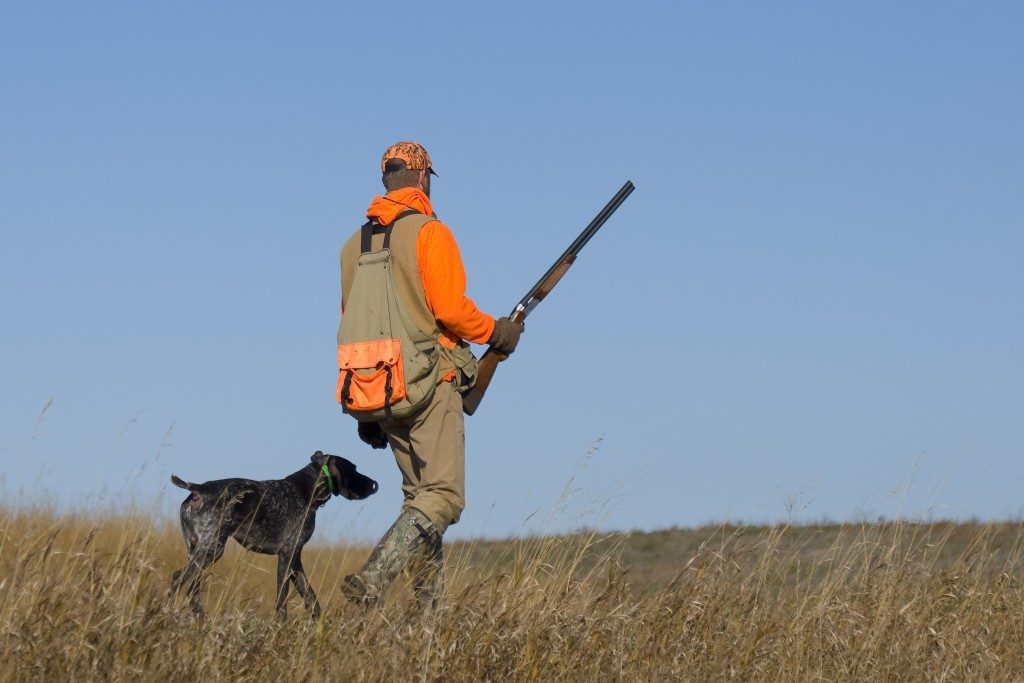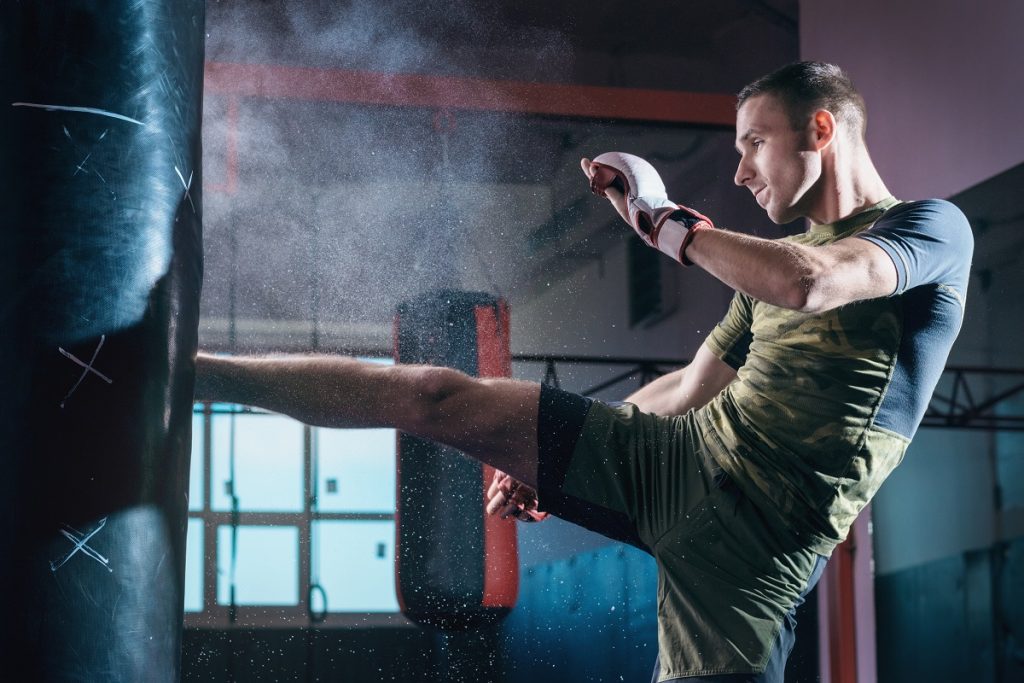Anyone is at risk of getting injured, no matter how skilled they are at playing sports. Unfortunately, it’s also one of the quickest ways to derail a person’s career in sports, too.
A person can experience acute muscle injuries when they abruptly stretch any of their muscles that goes beyond its level of elasticity. Sports-related injuries can happen anywhere, even in their backyard. The good news is that you don’t need to hire a professional doctor or trainer to treat relatively minor sports injuries. All you need to do is learn a few essential treatments as well as rehabilitation strategies to help you recover.
Understanding R.I.C.E
Several things can happen a few hours after you had your muscle injury. Aside from instant painful sensation, there’s also a chance that you might experience swelling as well as bruising. The pain that you’ll feel will also coincide with throbbing ache around the injured area. Moreover, it’ll also feel sensitive when you try to move it and will also feel tender when touched.
Most athletes and sports trainer use R.I.C.E to help them remember how to treat a minor sports injury effectively. This acronym is for rest, ice, compress, and elevate.
Rest is one of the most effective ways to begin your road to recovery. Remember that the affected area will be tender and prone to further damage, especially during the first few hours of the accident. That’s why it’s best to rest for a while and let the injured area heal.
You can then apply a bag of crushed ice a day or two after the accident. If you don’t have one immediately available, then a bag of ice frozen vegetables will do. Applying cold compress into the area will help relieve yourself from pain and prevent it from swelling. You should also refrain from placing the ice directly on your skin to avoid any frostbite. One way to do it is by wrapping it in a thin piece of cloth before applying it to the area.
Next, you can wrap the area with an elastic piece of bandage to reduce the swelling. Doing so will also alleviate the pain and keep the injured area still.
You can also reduce the swelling by elevating the injured area about the level of your heart. If you can’t do it, then try to keep at a close level to your heart instead.
Preventing sports-related injuries

The best way to prevent most types of sports-related injuries is through prevention. Ensure that you’re always in shape. Although it can be tempting to work every day to get yourself toned, doing so will only cause you to be prone to accidents.
Doing warm-ups before doing exercise will also work. That’s why it’s best to get a piece of stretching exercise equipment at home so you can do it even when you’re not on the gym.
Anyone can be prone to get injured, even when you’re not a sports enthusiast. That’s why it’s best to get yourself ready by ensuring that you are fit enough before doing any strenuous activity.

